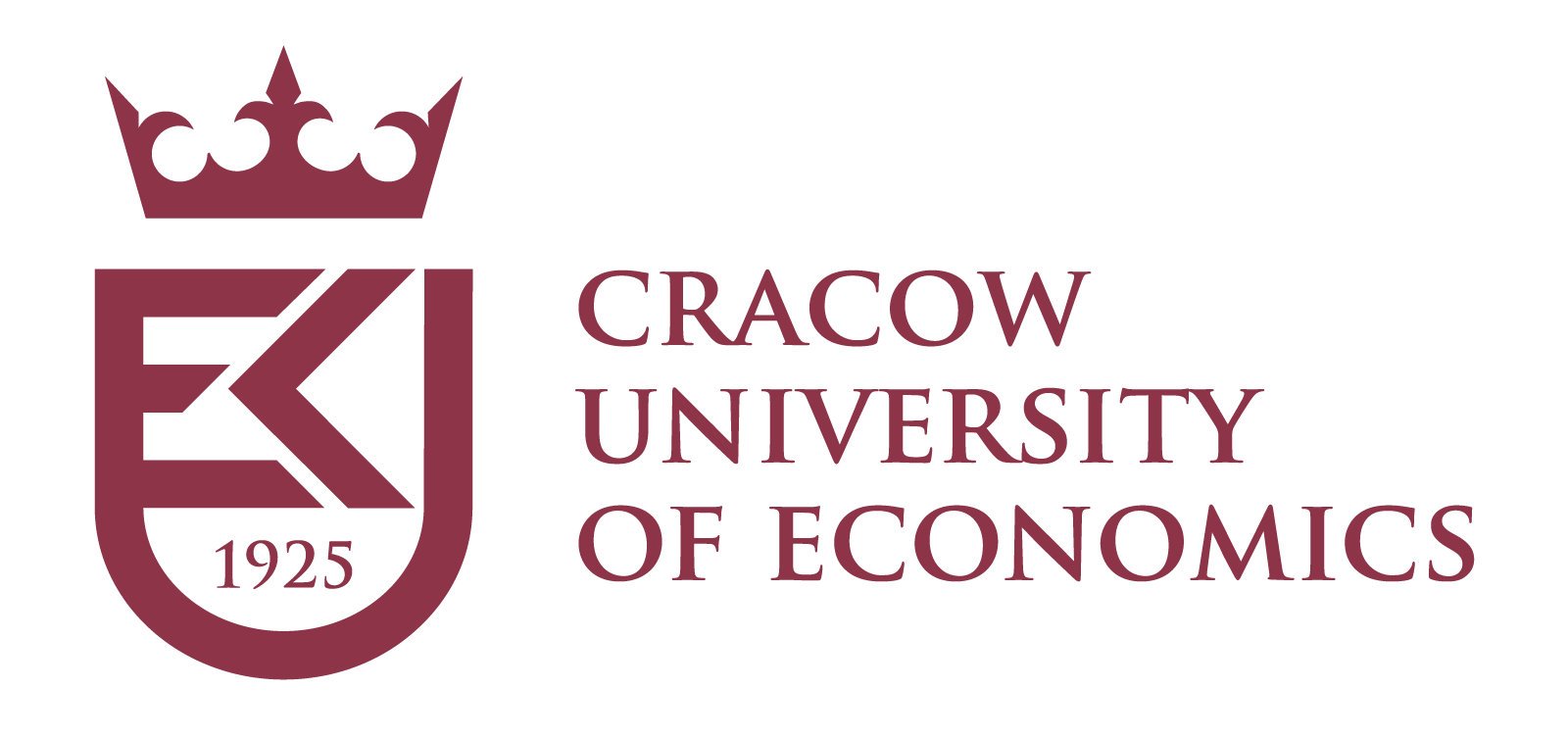Track chairs:
Kevin Chapuis – kevin.chapuis@gmail.com
Arthur Perrotton
Description:
Participatory agent based modeling enables scientists and stakeholders to share knowledge and experiences to support decision-making. Whereas the traditional agent based modeling process emphasizes either on model simplicity and tractability (KISS) or on data-driven model development (KIDS), the participatory approach emphasizes collective deliberation, situated interactions and model building in action. Social actors’ involvement can range from an asymmetric grounded source of knowledge, that is, the stakeholders turn into expert information providers for the modelers, to a fully inclusive bi-directional collaborative model building, where both scientist and stakeholder engage into a bidirectional transformative learning process. In the latter case, the model is co-produced following an iterative sharing and learning process between scientific and non-scientific participants. In this regard, the implication of social and local actors in transdisciplinary modeling processes is an important effort toward more socially embedded simulation models. It simultaneously enables leveraging actors’ knowledge to address uncertainties and gaps in the scientific knowledge, and provides a space for these actors to voice their needs, their opinions, and question the role, ideas and actions of the researcher. Hence, it appears as a relevant approach to build and evaluate realistic and meaningful agent-based models. Participatory modelling has been mainly used in the study of socio-ecological issues, including common pool resources management (Schlüter and Pahl-Wostl, 2007) disaster preparedness (Becu et al., 2017) or land use planning (Etienne, Le Page and Cohen, 2003). In this special track we want to stress how models developed using this approach can help question the research-citizen relationship, and empower local people in the face of unprecedented challenges toward sustainable development in a continuously changing world. We seek contributions ranging from theoretical works about how to shape collaborative work in the perspective of transformative learning to empirical investigation to support agent based model development for community decision support, to more technical propositions about engaging role playing game simulations, HMI or transformative simulation models.


